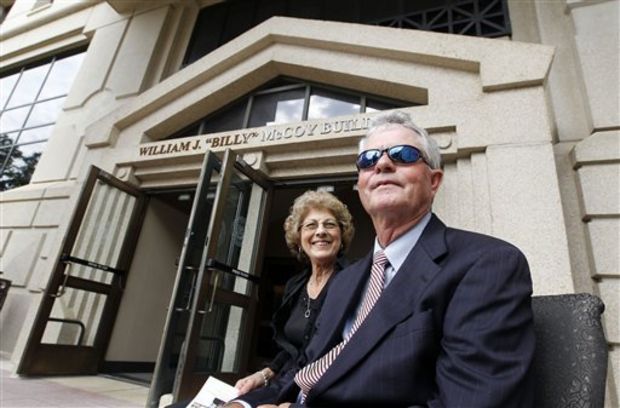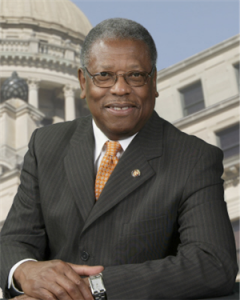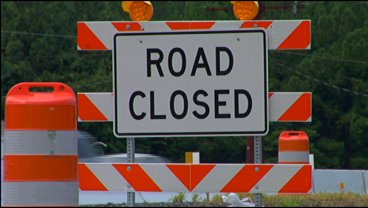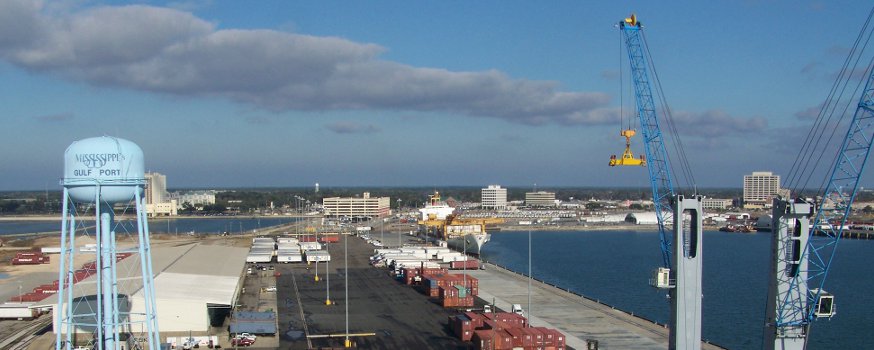

JACKSON, Mississippi (AP) — It’s not like 1987, at least not yet.
Efforts to raise money to repair and build highways just don’t have the broad push that lifted a major highway program to passage in the Legislature a generation ago.
Leaders of the Mississippi Department of Transportation and their allies in the Legislature continue to make the case that they need hundreds of millions of dollars per year to repave roads and fix bridges, as well as keep building new ones.

But they don’t seem to gaining much traction with the broader business and civic leadership in the state. In fact, some of the business groups that are part of a Senate study panel led by Sen. Willie Simmons, D-Cleveland, are among those fighting increased taxes the most. They’ve repeatedly said that they suspect MDOT is deeply inefficient and they don’t want to pour any more money down a rat hole without outside assurance that it won’t be wasted.
Like many lawmakers from that era, former House Speaker Billy McCoy remembers the four-lane highway program as one of the Legislature’s major achievements. Signed copies of the four-lane map still adjoin office walls of many senior lawmakers, as well as some committee rooms.
“It was a can-do spirit that we had: ‘We can do this and we will do it,'” McCoy, who was House Transportation vice chairman in 1987, told The Associated Press last week.
People outside the Legislature formed a group called AHEAD, Advocating Highways for Economic Advancement and Development, led by Yazoo City’s Owen Cooper and others.
“Owen Cooper had a vision that we needed to build an infrastructure for the state of Mississippi,” said Bill Lampton, president of Ergon Inc.’s asphalt division. “Forward thinking, vision and the AHEAD program did a great grass-roots job.”
Lampton, a member of one of Mississippi’s richest families, would benefit from paving by selling more asphalt. But people of his stature are needed if today’s effort is going anywhere.
McCoy said outside support was crucial in 1987, especially with opposition by Gov. Bill Allain, who wanted to abolish the elected three-member Transportation Commission and replace it with a director appointed by the governor.
“They were the absolute catalyst,” McCoy said. “They were the wind beneath our wings. You can’t raise revenue without the support of the civilian leadership.”
What’s not clear is whether the political climate has shifted so much that most business leaders are no longer willing to raise taxes. Even if they are, will ruling Republicans listen? The strains between Lt. Gov Tate Reeves and fellow Republicans in the Senate’s Conservative Caucus, for example, have surfaced on the study committee, with caucus members eager to denounce tax increases.
“Chairman Simmons’ proposal is clearly another attempt to increase government spending on the backs of Mississippi taxpayers and families,” Sen. Will Longwitz, R-Madison, said after Simmons’ first tax plan. “We should be cutting government, not killing jobs by raising people’s gas prices.”
Simmons, for his part, seems to be bargaining with himself. After releasing a proposal for $700 million a year in taxes that would have also included construction money for universities and community colleges, he floated two other ideas last week. One would be for $600 million a year, still including aid to cities and counties for water and sewer systems. Another would be for $400 million a year.
Central District Transportation Commissioner Dick Hall, a Republican who was the first to call for more money, said he actually feels “a little better” about the situation.
“I feel like they’re at least coming a little closer to realizing the depth of the problem,” Hall said.



